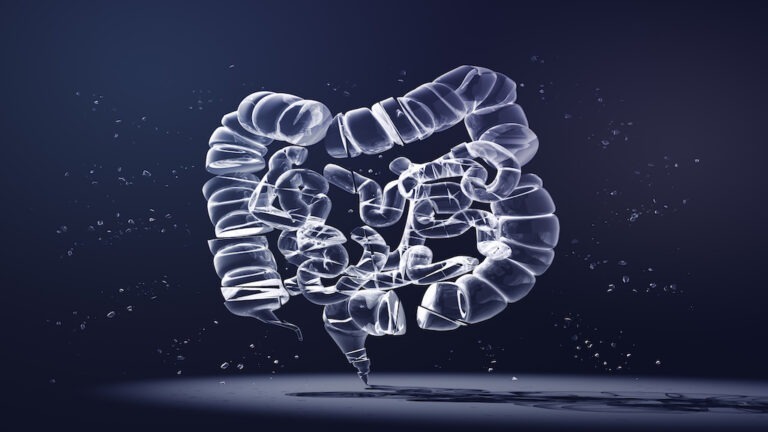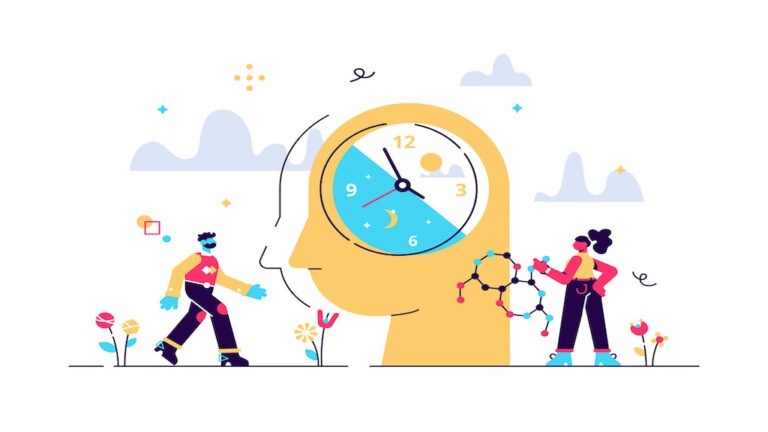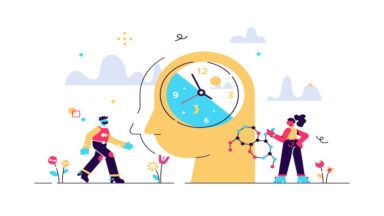Researchers Find Gut Microbiota and Mental Health Connection

Groundbreaking new studies are revealing the connection between gut health and mental health.
Researchers have known about the connection between the bacteria that live in your gut and the brain for some time, but when it comes to how closely they’re connected science has just scratched the surface. Now in a systematic analysis published in the journal Clinical Psychology Review researchers looked at 26 studies that assessed the role gut biology plays in anxiety and depression.
The findings showed people with anxiety and depression had different levels and types of microbes in their gut, compared to people without anxiety and depression. The digestive tract of people with anxiety and depression contained more pro-inflammatory bacteria species and had less of the type of bacteria that help regulate the central nervous system.
Watch more:
How to Tune the Circadian Rhythms in Your Body

Never before have we lived so out of sync with the rhythms of nature. Can the resulting damage to our health be reversed? The new science of circadian medicine shows great promise in doing just that.
Until the industrial revolution, humans lived in accordance with the natural cycles of light and dark, or circadian rhythms. That all changed with the advent of electricity and artificial light. Today, our modern lifestyles and especially our exposure to blue light from electronic devices, have been making a major impact on our internal biological clocks. Research in an emerging field called circadian medicine is finding that there are ways to reset our circadian systems and bring us back into balance.
Dr. John Douillard is a renowned ayurvedic practitioner who’s been following the developments in the field and incorporating what he calls “circadian wisdom” in his practice for years.
“So the research is telling us that there are biological clocks in pretty much every cell of our body,” Douillard said. “But those biological clocks have to stay, like every clock, you have to set the clock to make sure it’s right and telling the right time. So the biological clocks are in sync with the circadian rhythms which are the light/dark cycles, both daytime, and the seasonal light/dark cycles.”




































